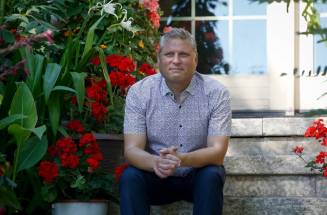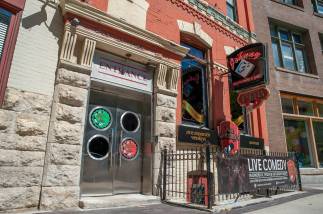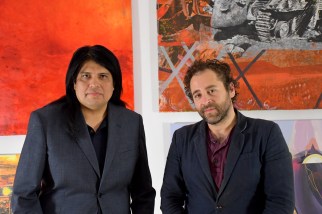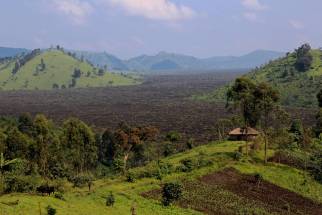When saving the planet is not a priority
Read this article for free:
or
Already have an account? Log in here »
To continue reading, please subscribe:
Monthly Digital Subscription
$0 for the first 4 weeks*
- Enjoy unlimited reading on winnipegfreepress.com
- Read the E-Edition, our digital replica newspaper
- Access News Break, our award-winning app
- Play interactive puzzles
*No charge for 4 weeks then price increases to the regular rate of $19.00 plus GST every four weeks. Offer available to new and qualified returning subscribers only. Cancel any time.
Monthly Digital Subscription
$4.75/week*
- Enjoy unlimited reading on winnipegfreepress.com
- Read the E-Edition, our digital replica newspaper
- Access News Break, our award-winning app
- Play interactive puzzles
*Billed as $19 plus GST every four weeks. Cancel any time.
To continue reading, please subscribe:
Add Free Press access to your Brandon Sun subscription for only an additional
$1 for the first 4 weeks*
*Your next subscription payment will increase by $1.00 and you will be charged $16.99 plus GST for four weeks. After four weeks, your payment will increase to $23.99 plus GST every four weeks.
Read unlimited articles for free today:
or
Already have an account? Log in here »
Hey there, time traveller!
This article was published 09/08/2022 (1220 days ago), so information in it may no longer be current.
The Democratic Republic of Congo and its history of exploitation go hand in hand, whether the abuses have been perpetrated by slave traders, ruthless colonial powers or its own corrupt dictators.
Few people in this province, beyond those who have moved here from Congo to escape its ongoing civil war, would likely spend much time thinking about the country, even though it’s Africa’s second largest in size, fourth most populous and one of the world’s poorest.
This is the wrong time, however, to turn a blind eye to this faraway region of the globe. Congo today faces yet another potential period of exploitation, only this time it’s the world’s faltering efforts against climate change that are under threat.
The Democratic Republic of Congo dominates west equatorial Africa and the Congo Basin, home to the world’s second-largest tropical rainforest, behind only the Amazon River region of South America.
MELANIE GOUBY / ASSOCIATED PRESS PHOTO Congo is auctioning off oil and gas exploration rights.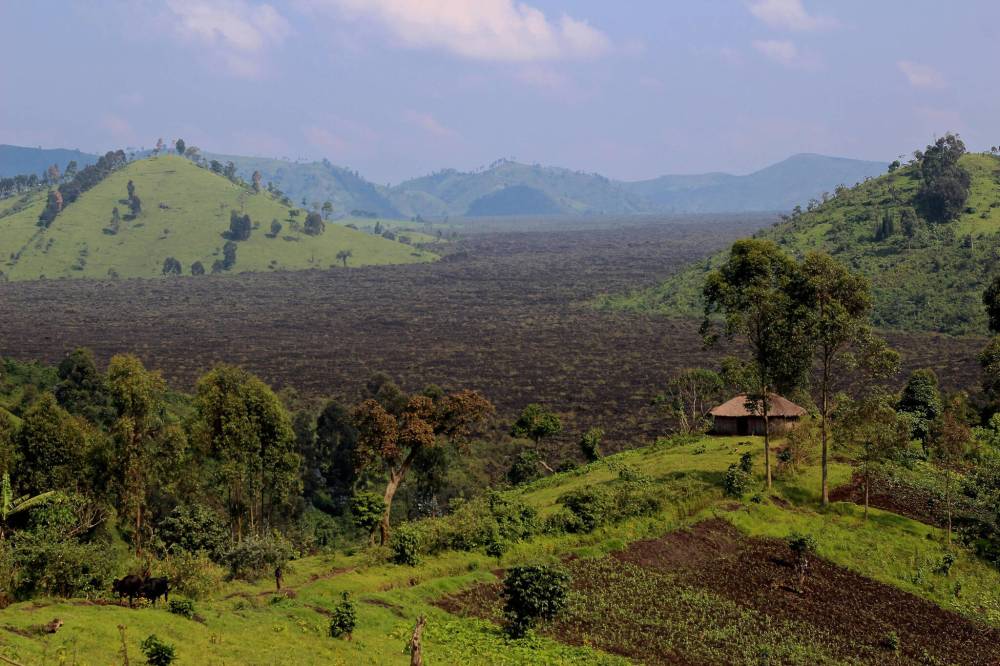
The basin also includes the world’s largest tropical peatland, an ecosystem of more than 100,000 square kilometres that absorbs and stores immense amounts of carbon and helps regulate carbon dioxide levels in the atmosphere.
Soaring levels of this greenhouse gas are generally accepted as a reason for climate change, which has spawned warmer temperatures around the globe, a growing number of extreme-weather events and rising ocean levels that threaten island nations and coastal communities.
The rainforest and peatlands, and the potential threat they face, are the reason why more attention needs to be paid to Congo, the needs of its people and the global dilemma the fate of the Congo Basin presents.
The Congolese government last November agreed to a 10-year deal to protect the basin, a commitment that would lead to US$500 million in international investment in the country over the first five years.
The Congolese government last November agreed to a 10-year deal to protect the basin, a commitment that would lead to US$500 million in international investment in the country over the first five years.
Last month, however, Congo turned its back on the deal, choosing instead to auction off oil and gas rights in parts of the basin that represent about five per cent of the world’s tropical forests, a large portion of the peatlands and parts of the Virunga National Park, one of the last homes of mountain gorillas, an endangered species.
While environmental groups such as Greenpeace warn extensive oil exploration that cuts through the rainforest and destroys the peatlands would lead to a climate catastrophe, a Congolese official told the New York Times the government’s focus is on reducing the nation’s poverty. “Our priority is not to save the planet,” said Tosi Mpanu Mpanu, the nation’s lead representative on climate issues.
The response is similar to attitudes shown by some South American governments, most notably Brazil, to the clearing of thousands of square kilometres of Amazon rainforest for agricultural use, saying the land holds more economic value than the trees’ environmental worth.
Decades of colonial mistreatment give the Congolese people reason to be skeptical of others telling them what to do with their land and resources. It’s also easy for them to point out how prosperous countries such as Canada continue to allow oil and mining companies to exploit environmentally sensitive lands for resource development and economic gain.
Decades of colonial mistreatment give the Congolese people reason to be skeptical of others telling them what to do with their land and resources.
If the consequences of Congo’s resource-rights selloff materialize as predicted, however, the warming world will look back at the mishandled opportunities to preserve the rainforest and peatlands, and how the failure to recognize their environmental worth led to them being sold for pennies on the dollar.
The value of forests and peatlands extends beyond short-term profits from the resources that lie beneath them. The repercussions of continuing to ignore this reality will be of the sort that no level of economic growth can repair.




